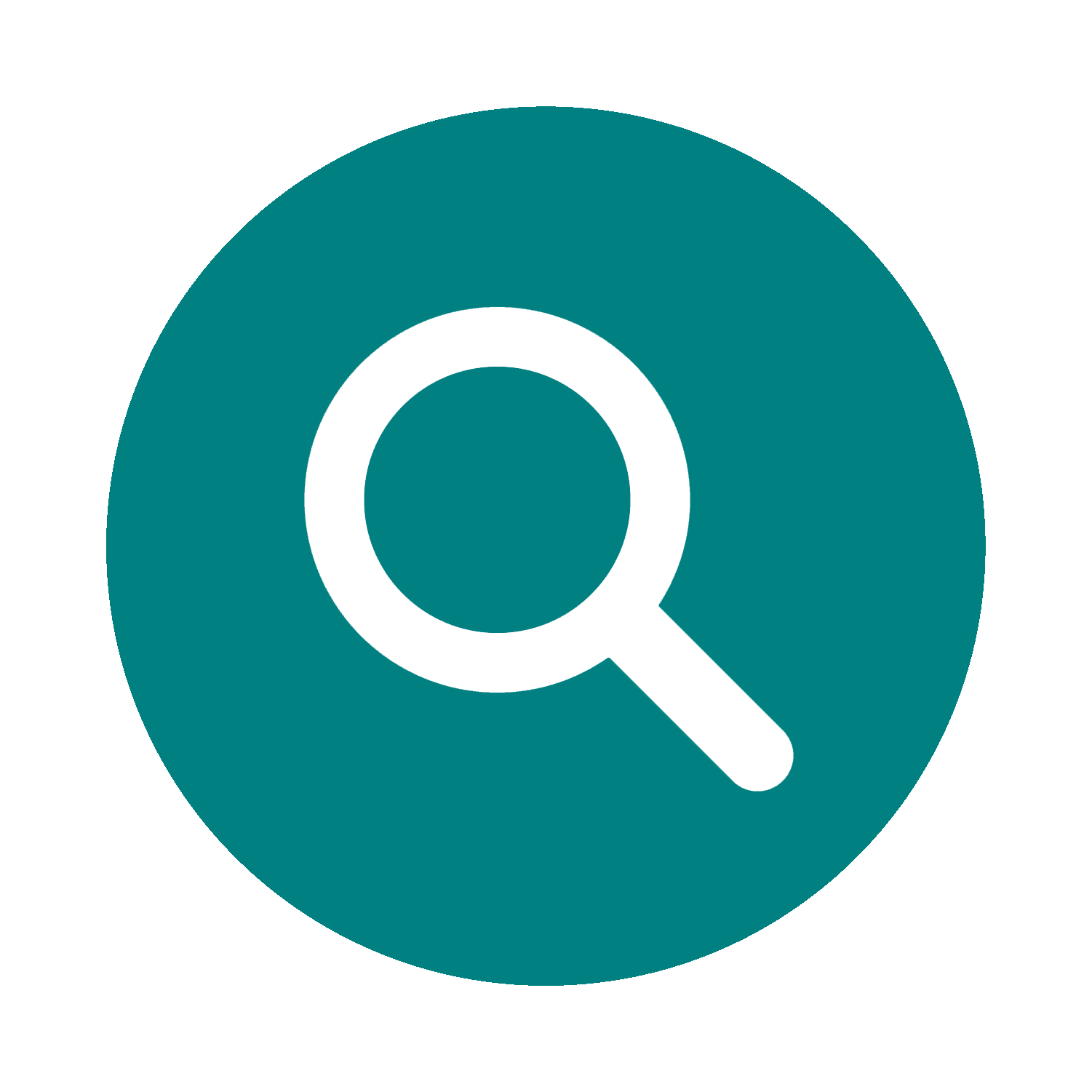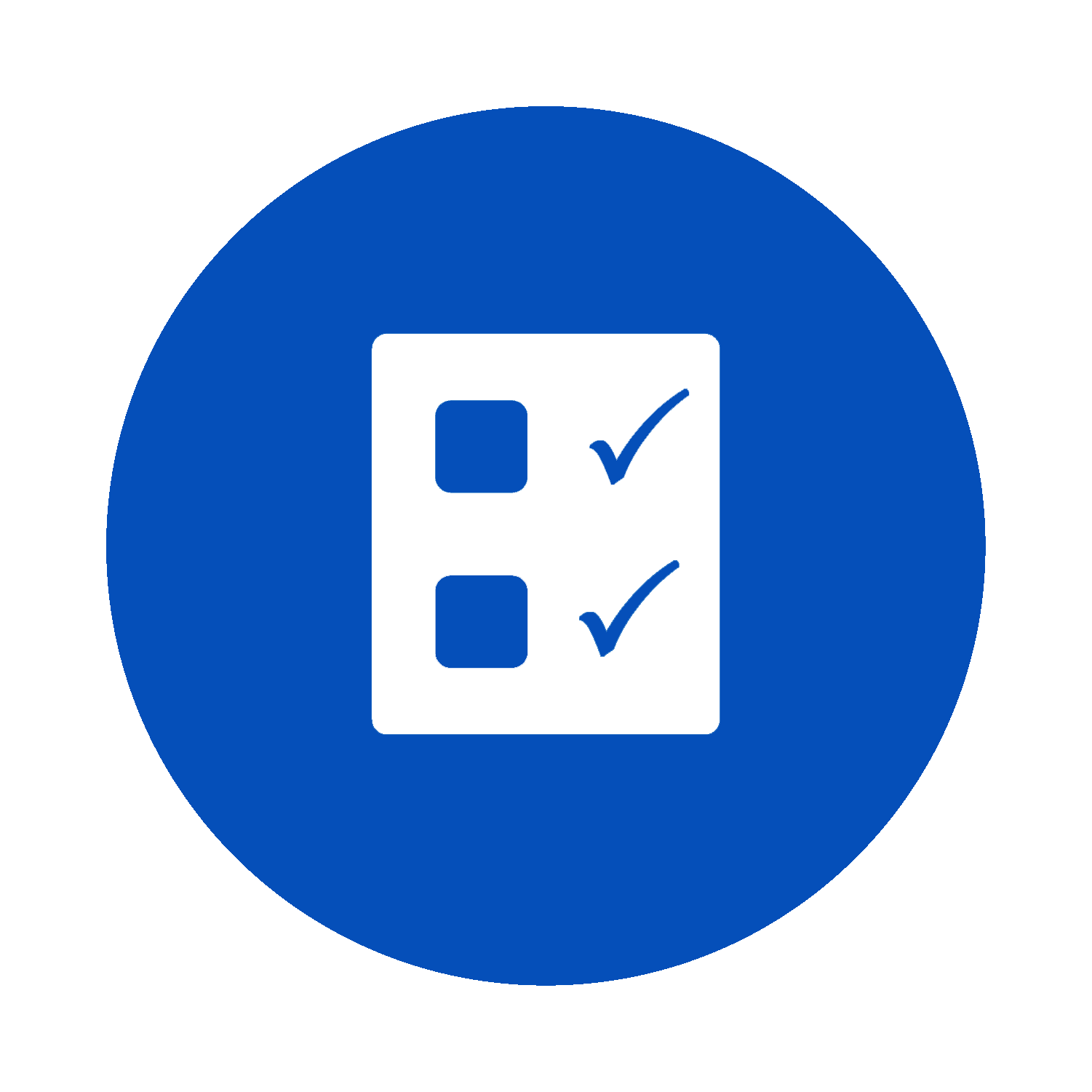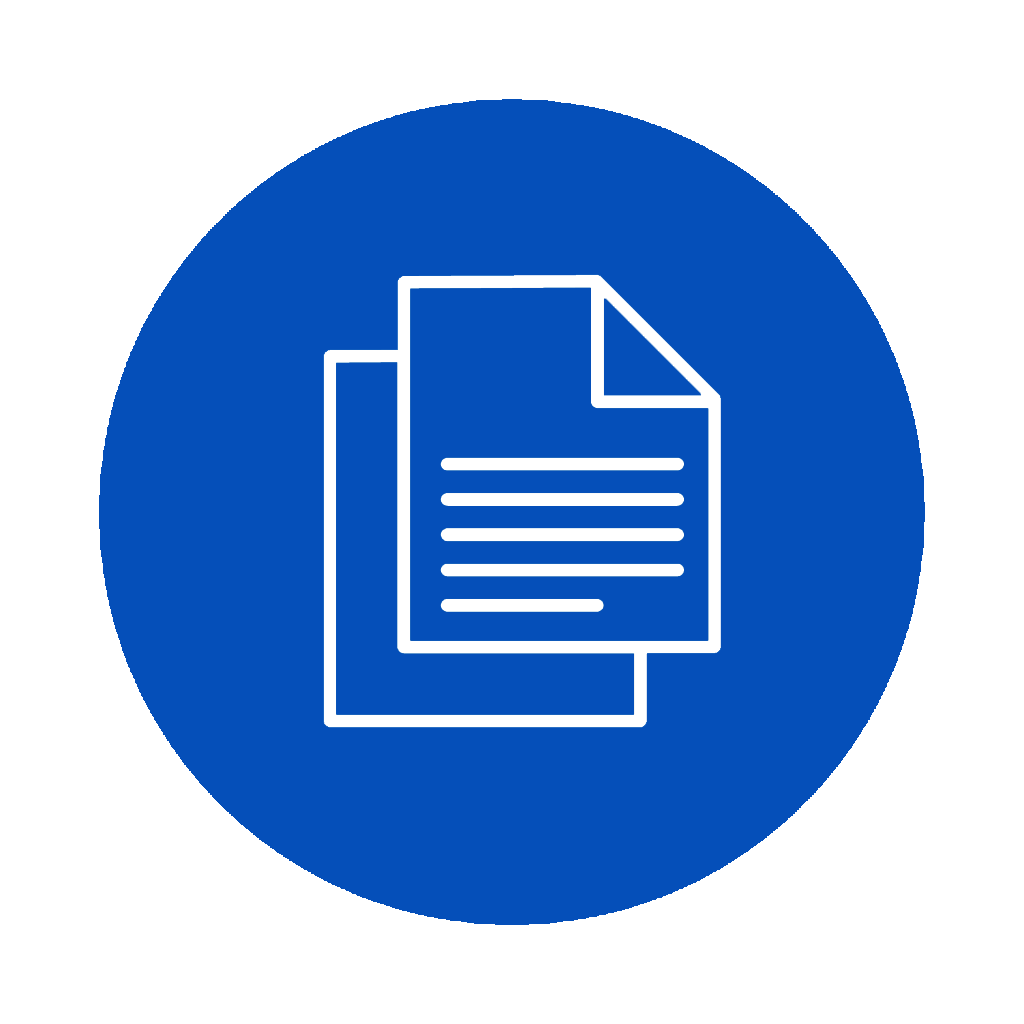Chapter 02: Professional Standards, IPPF, and Ethical Considerations
02.05. Lifelong Learning in Internal Auditing

Key Questions
![]() Briefly reflect on the following before we begin:
Briefly reflect on the following before we begin:
- Why is lifelong learning essential for internal auditors?
- How can internal auditors identify their learning needs and pursue appropriate professional development opportunities?
- What role do professional associations play in supporting lifelong learning for internal auditors?
- How does continuous education contribute to the effectiveness and relevance of the internal audit function in a rapidly changing business environment?
In the fast-paced world of internal auditing, lifelong learning is not just a choice but a necessity for staying relevant and effective in the field. This section underscores the importance of continuous education in an ever-evolving profession, highlighting its value to individual practitioners and their organizations. Continuous education ensures that internal auditors remain abreast of industry trends, regulatory changes, and emerging best practices, enabling them to adapt and thrive in dynamic environments. Internal auditors can tailor their professional development efforts to address specific skill gaps and strategic priorities by identifying learning needs from personal and organizational perspectives. Opportunities for professional development abound, ranging from formal training programs and certifications to informal avenues such as conferences, workshops, and peer learning networks.
Professional associations facilitate lifelong learning by offering many resources, including educational events, publications, and networking opportunities. Embracing technology further enhances access to learning resources, with e-learning platforms and digital resources providing flexible and convenient avenues for skill enhancement. Building a personal learning network within the internal audit community fosters collaboration, knowledge sharing, and mentorship, enriching professional growth and longevity. By embracing lifelong learning, internal auditors can proactively plan for career longevity, ensuring their continued relevance and impact in the ever-evolving landscape of internal auditing.
 Internal Audit in Action
Internal Audit in Action
Background
Nagamo, an internal auditor at Yochem Health, a healthcare company, has observed rapid advancements in healthcare technology and increasing regulatory changes. Recognizing the need to stay current with these developments to manage risks and provide valuable audit insights effectively, Nagamo prioritizes lifelong learning.
Lifelong Learning Challenge
The fast-paced healthcare industry requires auditors to update their knowledge and skills continuously. Nagamo faces the challenge of finding relevant learning opportunities that align with their professional growth objectives and the strategic needs of Yochem Health.
Action Taken
Nagamo devises a personal development plan that includes attending industry-specific conferences, participating in webinars on healthcare regulations, and enrolling in courses on emerging technologies such as artificial intelligence in healthcare. Nagamo also joins a professional healthcare auditing association to network with peers and gain access to specialized resources and learning materials. Nagamo advocates for and utilizes Yochem Health’s tuition reimbursement program for certification in healthcare auditing, further solidifying their expertise in the field.
Outcome
Nagamo ‘s commitment to continuous education enables Nagamo to lead a pivotal audit project evaluating the implementation of a new electronic health records system. Nagamo’s newfound knowledge of healthcare technologies and regulations proves crucial in identifying potential compliance issues and recommending enhancements to improve data security and patient privacy. Nagamo’s efforts contribute to the company’s risk management and establish Nagamo as a critical resource in navigating the complexities of healthcare auditing.
Reflection
This scenario underscores the importance of lifelong learning in staying abreast of industry trends and regulatory changes. Nagamo’s proactive personal and professional development approach exemplifies how continuous education can enhance an auditor’s ability to contribute to their organization’s success and advance their career.
The Importance of Continuous Education
Continuous education in internal auditing is not merely beneficial; it’s essential. Internal auditing is rapidly evolving, driven by technological changes, regulations, and global business practices. Lifelong learning ensures that internal auditors remain current, relevant, and capable of adding value to their organizations. Let’s delve into why continuous education is paramount in this dynamic field. Technology is transforming how businesses operate and how they are audited. From cybersecurity risks to implementing AI and data analytics in audit processes, auditors must stay abreast of technological advancements to assess risks and controls effectively. Continuous education in emerging technologies helps auditors understand these new risks and leverage technological tools to enhance audit efficiency and effectiveness.
The regulatory environment constantly shifts, with new laws and standards affecting various business operations and reporting aspects. Auditors must understand these changes to ensure their organizations remain compliant and to identify new or altered risks stemming from regulatory developments. Lifelong learning through workshops, seminars, and professional courses lets auditors stay updated on these changes. The core aim of internal auditing is to add value and improve an organization’s operations. Auditors must continually refine their skills and knowledge to provide relevant and actionable insights as business complexities grow. Continuous education in best practices, audit methodologies, and sector-specific challenges ensures auditors can deliver high-quality, impactful audit findings.
Many internal auditors hold professional certifications, such as the Certified Internal Auditor (CIA) designation, which require continuing professional education (CPE) credits to maintain. Beyond certification requirements, a commitment to lifelong learning demonstrates adherence to the IIA’s International Standards for the Professional Practice of Internal Auditing, which advocates for continual improvement and proficiency. Continuous education expands an auditor’s skill set and knowledge base, opening up opportunities for career advancement and diversification. Auditors who invest in lifelong learning are better positioned to take on leadership roles, specialize in emerging risk areas, or transition into related fields. This versatility is increasingly essential in a career landscape that values adaptability and broad expertise.
Identifying Learning Needs: Personal and Organizational Perspectives
Identifying learning needs from both personal and organizational perspectives is a critical step in the continuous education process for internal auditors. This dual focus ensures that learning and development efforts align with organizational goals while supporting the individual’s career progression and job satisfaction.
Identifying learning needs requires balancing personal career development goals and the organization’s strategic needs. Auditors and their managers should engage in open, ongoing discussions about learning and development to bridge these perspectives. Creating individual development plans that address both needs can ensure that learning efforts are mutually beneficial. Additionally, leveraging resources such as professional associations, industry conferences, and online courses can help auditors stay informed about emerging trends and best practices, further aligning personal development with organizational objectives.
Personal Perspective
Here’s how internal auditors can approach identifying these needs from a personal perspective:
- Self-Assessment: Auditors should periodically assess their skills, knowledge, and competencies against the requirements of their current role and future career aspirations. This can involve reflecting on feedback from performance reviews, considering areas of professional interest, and identifying any gaps that may hinder their ability to perform their duties effectively or advance to desired roles.
- Professional Goals: Setting clear, long-term professional goals helps auditors identify the skills and knowledge they need to develop. Whether aiming for a specialization in a particular area of auditing, such as IT or environmental auditing, or aspiring to leadership positions within the audit function, understanding these goals is critical to pinpointing relevant learning needs.
- Certification and Licensing Requirements: For auditors pursuing or maintaining professional certifications, staying informed about the continuing education requirements is essential. This includes the number of CPE hours required and any specific subjects or topics that must be covered.
Organizational Perspective
Here’s how internal auditors can approach identifying these needs from an organizational perspective:
- Strategic Objectives: Learning needs should be aligned with the organization’s strategic objectives and risk landscape. Auditors should understand how changes in the business environment, such as digital transformation or regulatory updates, impact the organization and what new skills or knowledge areas are needed to address these changes effectively.
- Audit Plan Priorities: The annual audit plan can provide insights into areas where additional skills or expertise may be needed. For example, if upcoming audits focus heavily on cybersecurity risks, auditors may identify a learning need in cybersecurity principles and practices.
- Skill Gaps within the Audit Team: A collective assessment of the audit team’s competencies can reveal areas where the team may need more depth or expertise. Addressing these gaps through targeted learning initiatives can enhance the team’s overall effectiveness and ability to provide value to the organization.
Opportunities for Professional Development: Formal and Informal Avenues
Opportunities for professional development in internal auditing span both formal and informal avenues, each offering unique benefits for auditors at all stages of their careers. Embracing a mix of these opportunities ensures a well-rounded approach to lifelong learning and skill enhancement.
By leveraging various resources and opportunities, internal auditors can stay at the forefront of their field, enhancing their skills, expanding their knowledge, and contributing more effectively to their organizations.
Formal Professional Development Avenues
- Certification Programs: Pursuing professional certifications such as the Certified Internal Auditor (CIA), Certified Information Systems Auditor (CISA), or Certified Fraud Examiner (CFE) is a formal way to enhance one’s knowledge base, demonstrate expertise and gain recognition in the field. These programs often require passing exams and completing continuing professional education (CPE) hours, ensuring ongoing learning.
- Advanced Degrees: Earning an advanced degree in accounting, business, information technology, or a related field can provide a deep dive into specific areas relevant to internal auditing. Many universities offer specialized programs that cater to the needs of audit professionals, including master’s degrees and MBAs with concentrations in internal auditing or risk management.
- Professional Courses and Workshops: Many organizations, including the Institute of Internal Auditors (IIA), offer courses and workshops designed to update auditors on the latest trends, standards, and best practices in the field. These programs range from introductory classes for new auditors to advanced workshops on specialized topics.
Informal Professional Development Avenues
- Mentorship: Engaging in a mentorship relationship, either as a mentor or mentee, provides valuable learning opportunities by sharing experiences, insights, and advice. Mentorship can guide career development, technical skills, and professional challenges.
- Networking Events: Attending industry conferences, seminars, and local chapter meetings of professional associations allows auditors to connect with peers, share knowledge, and learn from the experiences of others. These events often include presentations and discussions on emerging issues in internal auditing.
- Online Learning Platforms: The internet offers a wealth of informal learning resources, including webinars, online courses (both free and paid), and podcasts focused on internal auditing and related fields. Many of these resources are flexible and self-paced, making them accessible to auditors with busy schedules.
- Self-Study: Auditors can independently pursue learning through reading industry publications, research papers, and books that cover relevant topics in internal auditing, risk management, governance, and controls. Self-study allows auditors to tailor their learning to their specific interests and needs.
- Participation in Professional Forums: Joining online forums and discussion groups dedicated to internal auditing provides an opportunity to engage with a community of professionals facing similar challenges and questions. These platforms can give practical advice, best practices, and innovative ideas.
The Role of Professional Associations
Professional associations play a pivotal role in the lifelong learning journey of internal auditors. These organizations are hubs for networking, advocacy, and vital resources for education, professional development, and staying abreast of industry trends and standards.
Professional associations often have a wealth of resources available to their members, including industry publications, research reports, and white papers. These resources provide valuable insights into current trends, emerging risks, and best practices in internal auditing. For instance, the Institute of Internal Auditors (IIA) publishes guidance, standards updates, and thought leadership pieces essential for auditors seeking to deepen their expertise. To maintain professional certifications, auditors are required to earn CPE credits regularly. Professional associations offer a variety of CPE-eligible activities, such as webinars, conferences, and training sessions. These educational events cover various topics, ensuring auditors can find opportunities that align with their learning needs and interests.
Professional associations create communities of practice where internal auditors can connect, share experiences, and learn from each other. Through local chapter meetings, online forums, and national conferences, members can engage in discussions that challenge their thinking, expose them to new ideas, and provide practical insights that can be applied in their work. Professional associations advocate for adopting and adhering to professional standards within the field of internal auditing. They update members on changes to standards, implementation guidance, and compliance tools. This advocacy ensures that the profession remains committed to quality and integrity.
Engaging in leadership or volunteer roles within a professional association can be a powerful learning experience. These roles often require auditors to develop new skills, such as public speaking, project management, or strategic planning. Additionally, they offer exposure to the broader issues and challenges facing the profession, contributing to a more holistic understanding of internal auditing. Many professional associations support auditors pursuing certifications, including study materials, review courses, and practice exams. Beyond accreditation, associations provide career development resources like job boards, career coaching, and mentoring programs. These resources can be invaluable for auditors looking to advance their careers.
Building a Personal Learning Network in the Internal Audit Community
Building a personal learning network (PLN) in the internal audit community is an invaluable lifelong learning and professional development strategy. A PLN is a group of individuals and resources that internal auditors interact with to learn from their ideas, questions, reflections, and references. For internal auditors, this network can include colleagues, industry professionals, mentors, educators, and online communities focused on internal auditing and related fields. Here’s how internal auditors can build and leverage their PLN:
- They can begin by identifying areas within internal auditing and related fields where internal auditors seek to grow or have a keen interest. This could range from specialized areas like IT auditing, forensic auditing, or risk management to data analytics, leadership, or communication skills.
- Their immediate and extended professional network is a great starting point. This includes colleagues within the internal auditors’ organization, industry contacts that internal auditors meet at conferences or training sessions, and professionals they connect with through social media platforms such as LinkedIn.
- Professional associations like the Institute of Internal Auditors (IIA), ISACA, and other related organizations offer a wealth of resources for learning and networking. Membership often provides access to industry publications, webinars, local chapter meetings, and global conferences. Engaging actively with these associations can significantly expand the internal auditors’ PLN.
- Online forums and social media groups dedicated to internal auditing and governance, risk management, and controls (GRC) topics can be excellent platforms for exchanging ideas, asking questions, and staying updated on industry trends. Platforms such as LinkedIn groups, Twitter, and dedicated forums on professional websites offer opportunities to connect with a global community of audit professionals.
- Internal auditors can identify and follow thought leaders, educators, and influencers in the internal audit field and related areas. This can include authors of influential books, speakers renowned for their insights at industry conferences, and educators known for their contributions to professional training programs. Many thought leaders share valuable content through articles, blogs, podcasts, and social media posts.
- A PLN is not just about receiving information; it’s also about contributing. This could involve posting articles, participating in discussions, or even presenting at industry events. Sharing helps others and establishes internal auditors as knowledgeable professionals within the community.
- Internal auditors should embrace technology to access a broader range of learning resources and to connect with peers worldwide. E-learning platforms, webinars, online courses, and digital libraries can provide flexible learning opportunities that fit their schedule and learning preferences.
Building a Personal Learning Network (PLN) is a dynamic and ongoing process crucial to an internal auditor’s lifelong learning journey. Auditors can enhance their knowledge, skills, and career prospects by strategically connecting with individuals and resources that align with their professional interests and growth areas. A robust PLN supports personal development and contributes to the broader internal audit community by fostering a culture of continuous learning and knowledge sharing.
 Internal Audit in Action
Internal Audit in Action
Background
Huan, an internal auditor at FinTech Innovations, recognizes that digital transformation is reshaping the financial services industry. With the rise of blockchain, cryptocurrency, and digital banking, Huan needs to have a deep understanding of these technologies to audit this new landscape effectively.
Lifelong Learning Challenge
The rapid pace of technological change in the financial sector presents a learning curve for Huan, who must identify efficient and effective ways to acquire the technical knowledge required for auditing in a digital-first environment.
Action Taken
Huan starts by attending blockchain technology workshops and enrolling in an online course on cybersecurity for financial services. Understanding the importance of hands-on experience, Huan collaborates with FinTech Innovations’ IT department on a project to explore the use of blockchain for enhancing transaction security. Huan also participates in a mentorship program with a cybersecurity expert in auditing, gaining insights into practical challenges and solutions.
Outcome
Equipped with comprehensive knowledge and practical experience, Huan leads an audit of the company’s cryptocurrency transactions. His expertise enables him to identify vulnerabilities in the transaction process and recommend robust security measures, mitigating the risk of fraud and enhancing customer trust. Huan’s work not only contributes to the company’s digital security but also positions Huan as a forward-thinking auditor capable of navigating the complexities of digital finance.
Reflection
Huan’s journey highlights the critical role of lifelong learning in adapting to technological advancements in the auditing profession. By embracing digital transformation and actively seeking learning opportunities, Huan stays relevant and keeps abreast of an ever-evolving digital landscape. This scenario illustrates how auditors can leverage lifelong learning to stay ahead and contribute meaningfully to their organizations.
 Key Takeaways
Key Takeaways
Let’s recap the concepts discussed in this section by reviewing these key takeaways:
- For internal auditors, pursuing lifelong learning ensures auditors remain at the forefront of industry advancements, regulatory changes, and evolving business practices.
- Opportunities for professional development span both formal and informal avenues. Formal education, such as certifications and advanced degrees, offers structured learning experiences that deepen expertise.
- Professional associations offer resources, training, and networking opportunities invaluable to auditors at every career stage. They also foster a learning, sharing, and professional growth community, enriching the audit profession.
- Embracing technology, especially e-learning and digital resources, has revolutionized how auditors engage with lifelong learning. Online platforms offer accessible, convenient options for auditors to expand their knowledge and skills, regardless of location or schedule.
- Planning for career longevity through lifelong learning is strategically aligning personal development with evolving industry demands. It requires auditors to set long-term career goals, continuously assess their learning needs, and engage with a mix of formal and informal learning opportunities.
 Knowledge Check
Knowledge Check
 Review Questions
Review Questions
- Why is continuous education essential for professionals in internal auditing?
- How can internal auditors identify their learning needs from personal and organizational perspectives?
- Describe two formal avenues for professional development available to internal auditors.
- What role do professional associations play in the lifelong learning of internal auditors?
- How can embracing technology and e-learning resources benefit internal auditors pursuing lifelong learning?
 Essay Questions
Essay Questions
- Evaluate the impact of professional associations on an internal auditor’s career development, mainly focusing on how these organizations facilitate lifelong learning and networking opportunities. Provide examples to illustrate your points.
- Discuss the significance of building a personal learning network (PLN) for internal auditors, including strategies for creating and leveraging such a network to enhance professional growth and knowledge sharing.
 Mini Case Study
Mini Case Study
Roozbeh, an internal auditor with five years of experience in the healthcare sector, is keen on advancing their career and staying abreast of the latest internal auditing, healthcare regulations, and technology developments. Recognizing the importance of lifelong learning, Roozbeh has proactively developed their skills and knowledge base. Roozbeh aims to specialize in data protection and cybersecurity within healthcare auditing, acknowledging the increasing risks and regulatory focus in these areas. Roozbeh understands the value of a personal learning network (PLN), formal education, and certifications but needs a strategic approach to leverage these resources effectively.
Roozbeh has identified the following actions:
- Joining professional associations related to internal auditing and healthcare compliance.
- Enrolling in an advanced certification program focused on IT auditing.
- Attending workshops and webinars on data protection laws and cybersecurity trends in healthcare.
- Building a PLN through social media, professional forums, and local chapter meetings of relevant associations.
Required: Given Roozbeh’s objectives and planned actions, how should they prioritize these activities to efficiently achieve their data protection and cybersecurity specialization within healthcare auditing? Furthermore, what additional steps can Roozbeh take to enhance their learning journey and career advancement in this niche area?
Long-term goals set by an organization to guide its direction, drive decision-making, and achieve desired outcomes and competitive advantage.
The examination of financial records to detect and investigate fraud, corruption, or financial misconduct, often used in legal proceedings.

